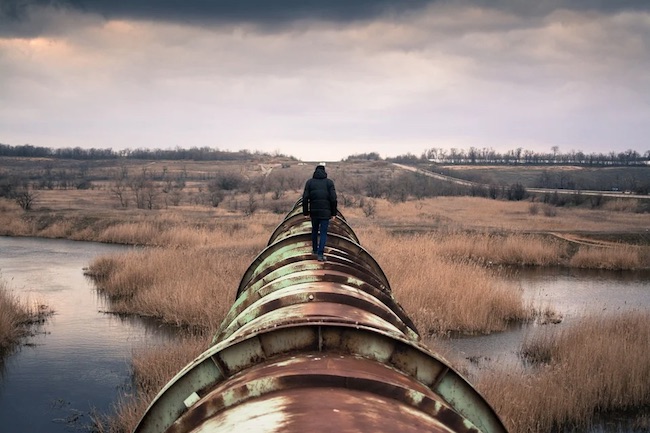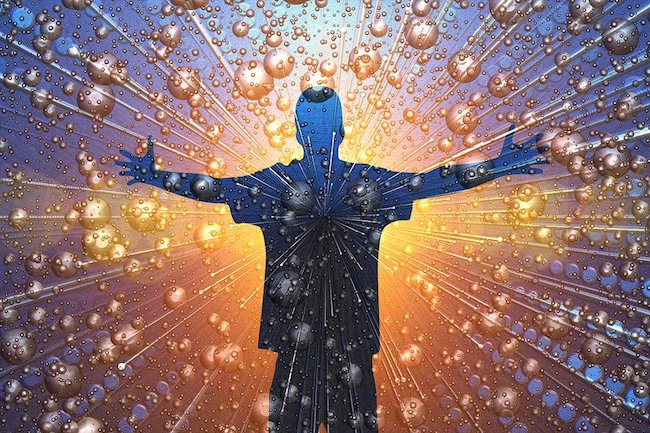Germany halts Nord Stream 2 pipeline project with Russia over Ukraine incursion, putting citizens at risk of freezing by: JD Heyes for Natural News
GNN Note – Part of the plan regarding the situation unfolding in Ukraine. / END
For years, Europe and especially Germany have become less reliant on fossil fuels for their energy and more dependent on expensive and unreliable “green” energy, which has come at a price.
As the green energy systems fail to produce enough to satisfy demand, the same countries have had to reinvest in fossil fuels in order to power their economies and heat homes in the winter. Shortages brought about by insane COVID pandemic lockdowns have led to dramatically higher energy prices, and now the situation has become even more critical following Russia’s invasion of neighboring Ukraine.
To reverse a decade of dumb energy policy, Germany, during the Trump administration, agreed to take part in a massive pipeline project with Russia called Nord Stream 2, in order to allow the latter to provide natural gas.
But this never made much sense from a security standpoint, given a) Germany is a legacy NATO member; and b) NATO supposedly exists to counter Russia. As president, Trump brought up that point several times, much to the chagrin of German Chancellor Angela Merkel and other European leaders.
Turns out he was right, of course: With Russia’s invasion of Ukraine, Germany responded by suspending Nord Stream 2, but in doing so is likely cutting off the German people from an energy resource that cannot quickly be replaced long-term.
The $11 billion pipeline was completed late last year, but the certification was needed for it to become operational, according to CNBC.
“In light of the most recent developments we must reassess the situation in particular regarding Nord Stream 2,” German Chancellor Olaf Scholz said.
Scholz made the decision the day after Putin said Russia would recognize the independence of two self-proclaimed and pro-Russian republics in eastern Ukraine, then said he would send Russian troops into the region on a “peacekeeping” mission.
The pipeline would have doubled the flow of natural gas from Russia, so you can see how critical it was for Germany — in addition to giving Moscow far too much control over Germany which, again, is supposed to be a participant in a security organization opposedto Russia.
But now this decision risks allowing Germans to freeze as cold temperatures continue to blanket the continent as winter wears on and reliable, affordable energy continues to be in short supply.
The flow of gas could be interrupted now that the Kremlin has ordered Russian troops into separatist territories of Ukraine. Russia provides more than a third of Europe’s natural gas, which heats homes, generates electricity and powers factories. Even as politicians and leaders in capitals across Europe are freezing prices, slashing taxes on energy and issuing checks to households hardest hit by the price increases, concerns are growing about what the persistently high prices could mean for people’s jobs and their ability to pay their bills.
“People are very upset and very distressed,” said Stefanie Siegert, a counselor to consumers in the eastern German state of Saxony who are finding it difficult to pay their gas and electric bills.
“When you talk with people, you feel their anger,” she said. “It is very depressing.”
As Germans get behind in their heating and energy bills, many have turned to unreliable solar but also old-fashioned wood heat (which, of course, adds to the country’s harmful emissions and makes previous investments in ‘green energy’ pointless).
Some consumers are also turning to coal, which is even dirtier.
“I still have a reserve of coal briquettes and stacks of dried wood,” Henry Backhaus, 65, told the Times as he put another log into his stove. “But this is only temporary. It is not a long-term solution.”




